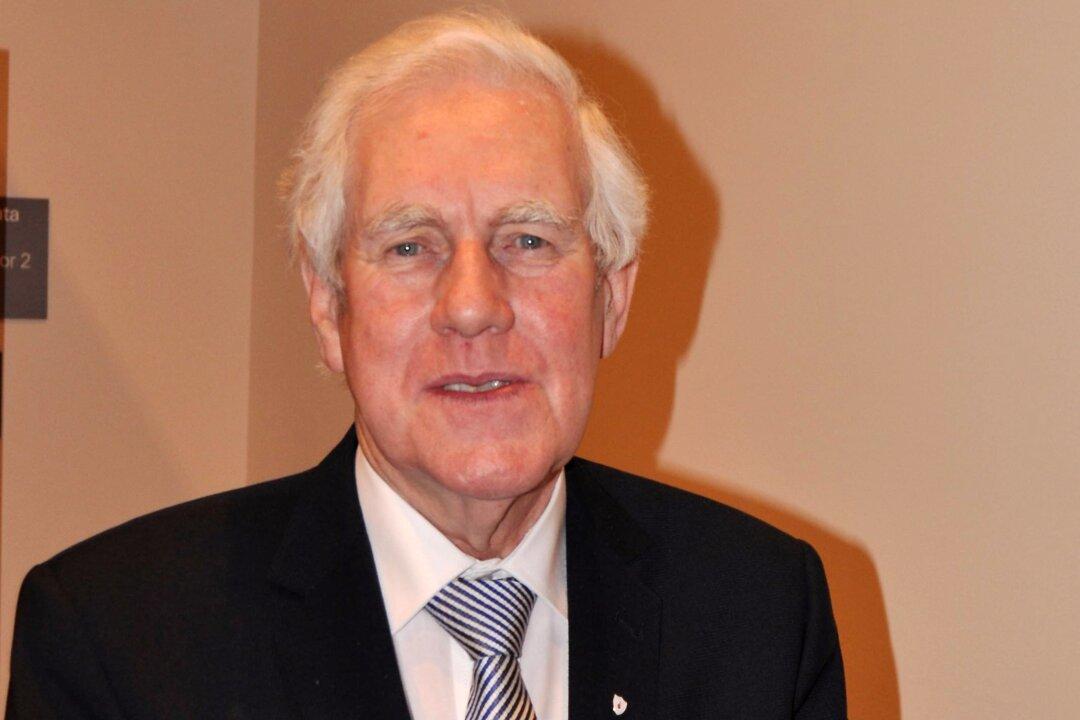According to the Organisation for Economic Co-operation and Development (OECD), Ireland’s economy is now showing encouraging signs of recovery from the financial crisis. However, the organisation insists that more must be done to reinvigorate growth and create the jobs that will get the economy back to full health.
The OECD report from September states that “Getting long-term job seekers back to work should be prioritised.”
The OECD also suggested that if Ireland tackled the unemployment issues, it would “reduce the risk of high unemployment becoming structural.” The OECD was by no means pessimistic, and acknowledged that Ireland was successfully emerging from its post-crisis adjustment programme. The organisation said that Irish economic activity is showing signs of revival, and is projected to gradually strengthen in 2014-15.
However, tackling the unemployment issue was to the fore of their suggestions, and in particular helping workers previously employed in the construction sector. They, according to the OECD, should be “encouraged to acquire the skills and competencies demanded by job-creating sectors.”
With respect to youth employment, the OECD believes that “…the initial experience in the labour market has a profound influence on later working life.” The OECD claims that getting off to a good start facilitates youth integration into the world of work and lays the foundation for a good career, while it can be difficult to catch up after an initial failure.
A fountain for youth
This week, Labour MEP for Dublin, Emer Costello, hosted a conference on the ‘European Youth Guarantee’, a scheme where young unemployed people would be offered “quality” employment, training, an apprenticeship, or further education within four months of becoming unemployed. According to Ms Costello, EU funding to support the youth guarantee will become available to Ireland in early 2014.
“Ireland has a disproportionate level of youth unemployment, with over one quarter of under-25-year-olds jobless,” she said “This is obviously hugely dispiriting for young people. At a wider level, youth unemployment is bad for our economy and society. The European Youth Guarantee offers Ireland a unique and limited opportunity to overcome this problem. It is imperative that we get it right.”
Ms Costello is now calling on the Irish Government to draw up an “ambitious national plan” to implement the European Youth Guarantee in Ireland. The plan must be presented to the EU Social Affairs Commissioner, László Andor, by the end of the year.
Socialist Party MEP Paul Murphy was less optimistic this week, commenting on the release of figures by Eurostat showing that Ireland has the highest level of emigration in Europe. He said that “The government are giving people two options: emigration or unemployment.”
“These massive levels of emigration are the measurement by which the failure of the government’s jobs strategies should be judged,” said Mr Murphy. “Rather than providing unemployed people, workers and young people with decent jobs, or in many cases any job at all, the government has engaged in a charade of using increased internships, work-for-your-dole schemes, and small shifts in the live-register figures to paint a picture of progress while ignoring emigration,” he said.
Mr Murphy’s suggested solution was “cancelling the interest repayments on the odious debt which will end up in the pockets of the already super-wealthy, and instead using that money to create jobs.”
Temporary Reprieve
Minister for Social Protection Joan Burton announced a temporary reprieve this week for seasonal workers. “Jobseekers taking temporary seasonal work over Christmas will have their Jobseeker’s payment restored without delay when the temporary work ends,” she said.
“Coming up to Christmas, it is especially important that those undertaking seasonal work do not have any concerns about their Jobseeker’s payment afterwards. People who are getting Jobseeker’s Benefit or Jobseeker’s Allowance from the Department of Social Protection and who avail of temporary work for up to eight weeks over the Christmas period will have their Jobseeker’s payment reinstated without delay when they finish work,” said Ms Burton.
Minister Burton also urged employers who need temporary staff to contact any one of her Department’s network of offices, where staff will make every effort to help the employer to find suitable, job-ready people to fill their vacancies.
“The Department of Social Protection will help employers to find jobseekers from the live register and employ them as temporary workers for up to eight weeks without it affecting social welfare entitlements, including secondary payments, when the work ceases,” said Ms Burton.
For more details, see www.jobsplus.ie



